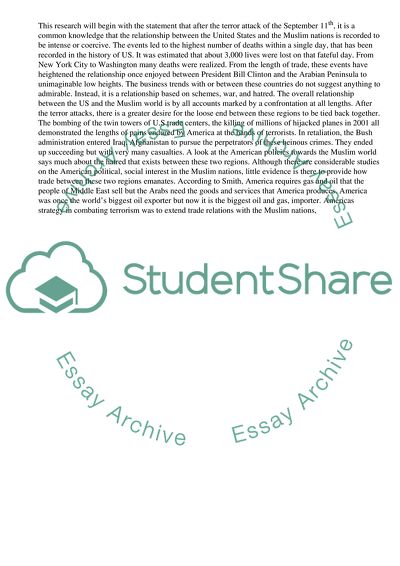Cite this document
(“How Did the Trade of USA Changed With Muslim Countries after 9/11 Term Paper”, n.d.)
Retrieved from https://studentshare.org/business/1666469-how-did-the-trade-of-usa-changed-betweenwith-muslim-countries-after-911
Retrieved from https://studentshare.org/business/1666469-how-did-the-trade-of-usa-changed-betweenwith-muslim-countries-after-911
(How Did the Trade of USA Changed With Muslim Countries After 9/11 Term Paper)
https://studentshare.org/business/1666469-how-did-the-trade-of-usa-changed-betweenwith-muslim-countries-after-911.
https://studentshare.org/business/1666469-how-did-the-trade-of-usa-changed-betweenwith-muslim-countries-after-911.
“How Did the Trade of USA Changed With Muslim Countries After 9/11 Term Paper”, n.d. https://studentshare.org/business/1666469-how-did-the-trade-of-usa-changed-betweenwith-muslim-countries-after-911.


